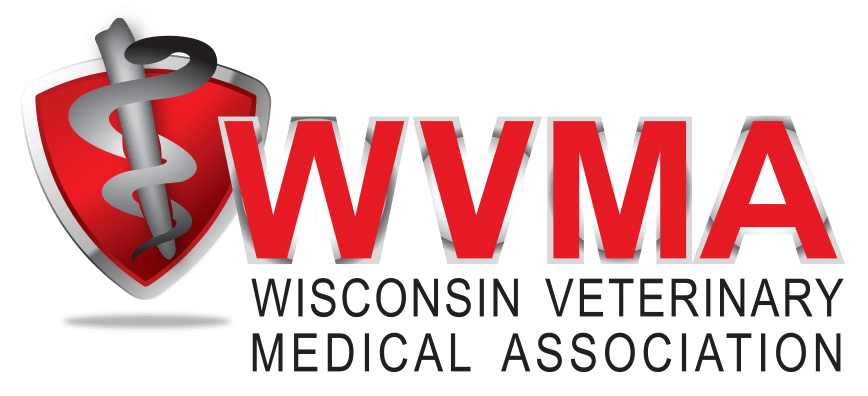By Dr. Darlene Konkle, Acting State Veterinarian, Wisconsin Department of Agriculture, Trade and Consumer Protection
A farmer goes out to feed his cattle and notices half are not coming to eat. As he looks closer, the animals are reluctant to move and many are drooling. An evaluation and testing confirm the animals have foot and mouth disease, and within the last month the farm purchased and sold animals from and to multiple destinations in multiple states.
Should this situation really occur, a rapid response is critical to minimize the risk of further spread and to identify at-risk farms. Foot and mouth disease, although not often fatal, will affect the ability to export animals and animal products. Affected animals have pain and are less productive, losing body condition and milk production, perhaps never to attain or regain their full potential.
Although foot and mouth disease has not been in the U.S. since the 1920s, it is present in other parts of the world, leaving opportunities for re-introduction. Several examples of animal disease outbreaks that have recently affected Wisconsin include bovine tuberculosis, highly pathogenic avian influenza, and porcine epidemic diarrhea virus.
Electronic Certificate of Veterinary Inspection
Animals traveling interstate are required to be accompanied by a certificate of veterinary inspection (CVI). These documents serve as a record of animal movement that is submitted to state animal health agencies. They are used to identify at-risk locations in the event of an animal disease outbreak.
With the help of the Wisconsin Livestock Identification Consortium (WLIC), the ability to locate information associated with CVIs will dramatically improve by being able to search for information electronically. This will save valuable time in finding where diseased or at-risk animals are or have been should a disease outbreak occur.
When veterinarians use electronic CVIs it eliminates the need to mail in documents and improves the accuracy and efficiency of tracing animals. More information about electronic CVIs is available from the following resources:
• U.S. Department of Agriculture-Animal and Plant Health Inspection Service (USDA-APHIS) through the Veterinary Services Process Streamlining (VSPS) at https://www.aphis.usda.gov/aphis/ourfocus/animalhealth/nvap/CT_Elec_Cert
• AgView at https://agview.com/login
• Vet Sentry at http://vet-sentry.com/
• Global Vet Link at https://www.globalvetlink.com/
The Wisconsin Department of Agriculture, Trade and Consumer Protection (DATCP) continues to evaluate options for electronic CVIs and anticipates more options being made available in the future.
Livestock Premises Registration
2019 is the year when all current livestock premises IDs need to be renewed. A reminder that any location in Wisconsin where livestock are kept must be registered – whether there is one animal or more.
Livestock include:
• Bovine
• Equine
• Swine
• Goats
• Sheep
• Camelids
• Poultry
• Farm-raised deer
• Farm-raised fish
• Ratites
• Game birds raised in captivity for hunting
DATCP conducted several disease investigations since 2006 where livestock premises registrations helped identify locations with animals susceptible to specific diseases. This process currently takes under an hour. Prior to premises registration it may have taken several weeks for staff to go door-to-door to find locations with at-risk animals. This tool allows Wisconsin to respond faster to educate veterinarians and livestock owners about a current disease situation and to perform any required disease testing. The more quickly these steps can be taken, the more likely we are able to contain the disease and more rapidly lift movement restrictions.
Also, an active livestock premises registration is an eligibility requirement for a livestock owner to receive state indemnity. Under state law, Wisconsin has the ability to provide an indemnity payment to a livestock owner for animals condemned due to a contagious or infectious disease. Livestock owners with an expired premises registration or those who never register their premises do not meet eligibility for a state indemnity payment.
In partnership with WLIC, more information about how livestock owners can renew their livestock premises will be announced in the new year. For more information about livestock premises registration visit https://datcp.wi.gov/Pages/Programs_Services/PremisesRegistration.aspx.
